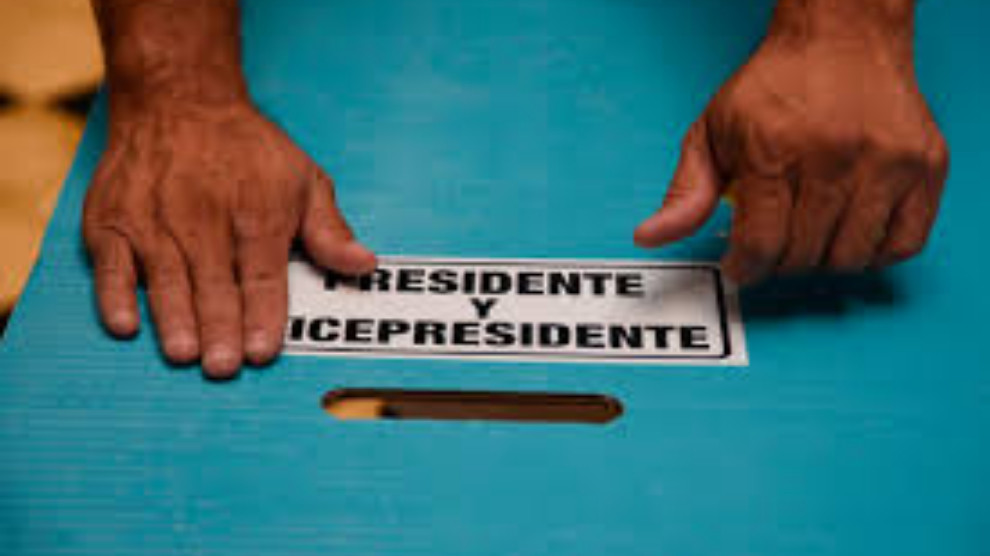Second round in Guatemala presidential elections
As planned, Guatemala will elect its future President in the second round of elections on 11 August.
As planned, Guatemala will elect its future President in the second round of elections on 11 August.

The initial results of the first round revealed that the candidate Sandra Torres is on the lead with around 25.2%, while Alejandro Giammatei is second with 15.2% and Edmond Mulet third with a 14.08%.
The candidates who will pass to the second round are difficult to situate politically: Torres defines herself as a "social democrat" while both Giammatei and Mulet are described by the media as "conservative".
In any case, the nuances of their proposals do not seem very relevant and all three are part of a same political caste, discredited by widespread corruption, which makes this Central American country to be considered the typical model of a "failed state".
According to international lists, Guatemala would be ranked 144 in the world in the fight against institutional corruption, a perception aggravated by the expulsion last year of the International Commission against Impunity in Guatemala (CICIG), considered a model in its type at regional level. The controversial expulsion of the CICIG, wanted by the outgoing President, the "apolitical" humorist Jimmy Morales, was directly related to the accusations of corruption against him and his environment.
In addition to corruption, poverty and the unequal distribution of wealth are others of the serious problems of this country of 18 million inhabitants, where more than 60% of the population belongs to indigenous peoples.
Some 8 million people suffer from malnutrition and marginalization, and the illiteracy rate is the second highest in the region. A few families concentrate the land in their hands and the country has the largest fleet of private aircraft and helicopters in Central America.
Guatemala is also a leading country in terms of international open-pit mining, meaning it has a heavy presence of important multinationals and suffers from the ecological and social costs derived from these intensive exploitation practices.
Citizen security is another of the country's serious problems, and in that the proposals of the possible leaders coincide: measures of police control and repression, even with the dangerous option of "taking the army to the streets", in a country that from the beginning of the 1960s until the 1990s has been under continuous and bloody military dictatorships.
Although Guatemala is the second country of origin of migrants traveling to the US, via Mexico, and despite the continuous containment measures taken by both Mexico and the US, which openly violate the human rights of its citizens, the issue has not occupied a relevant place in the electoral debates, being thus relegated to the background, despite its social impact.
All this seems to indicate that nothing really will change in Guatemala in the next 4 years, no matters who will win on 11 August.